.jpg?width=2500&name=Blog%20Thumbnails_50-533%20(1).jpg) After a lot of deliberation, the plastic packaging tax finally came into effect in the UK on April 1, 2022. This means that all plastic packaging — whether manufactured in or imported to the UK — that doesn’t have at least 30% of recycled plastic will be subject to a £200 per metric tonne tax.
After a lot of deliberation, the plastic packaging tax finally came into effect in the UK on April 1, 2022. This means that all plastic packaging — whether manufactured in or imported to the UK — that doesn’t have at least 30% of recycled plastic will be subject to a £200 per metric tonne tax.
Plastic is the predominant material used for the packaging of products, including food. From the meat and poultry packaged in processing plants and food distribution centres to the water bottles and packed produce found in grocery stores, plastic is omnipresent in the food supply chain.
And while it’s cost-effective, it’s the environment that has to pay the price. Approximately eight million pieces of plastic find their way into our oceans every year, while we produce about 300 million tonnes of plastic annually — that’s almost equivalent to the weight of the entire human population.
Out of all plastics ever manufactured, half have been made in the last 15 years. Plastic is so ubiquitous, in fact, that the US Centers for Disease Control and Prevention found BPA — used to manufacture polycarbonate plastics — in nearly all people it tested in a study in the early 2000s.
Since the Covid-19 pandemic, food packaging has increasingly been in the spotlight, as food businesses doubled down on deliveries. So the plastic packaging tax comes with good reason, but why is plastic used in the first place? And are there better alternative packaging solutions?
The case for plastic packaging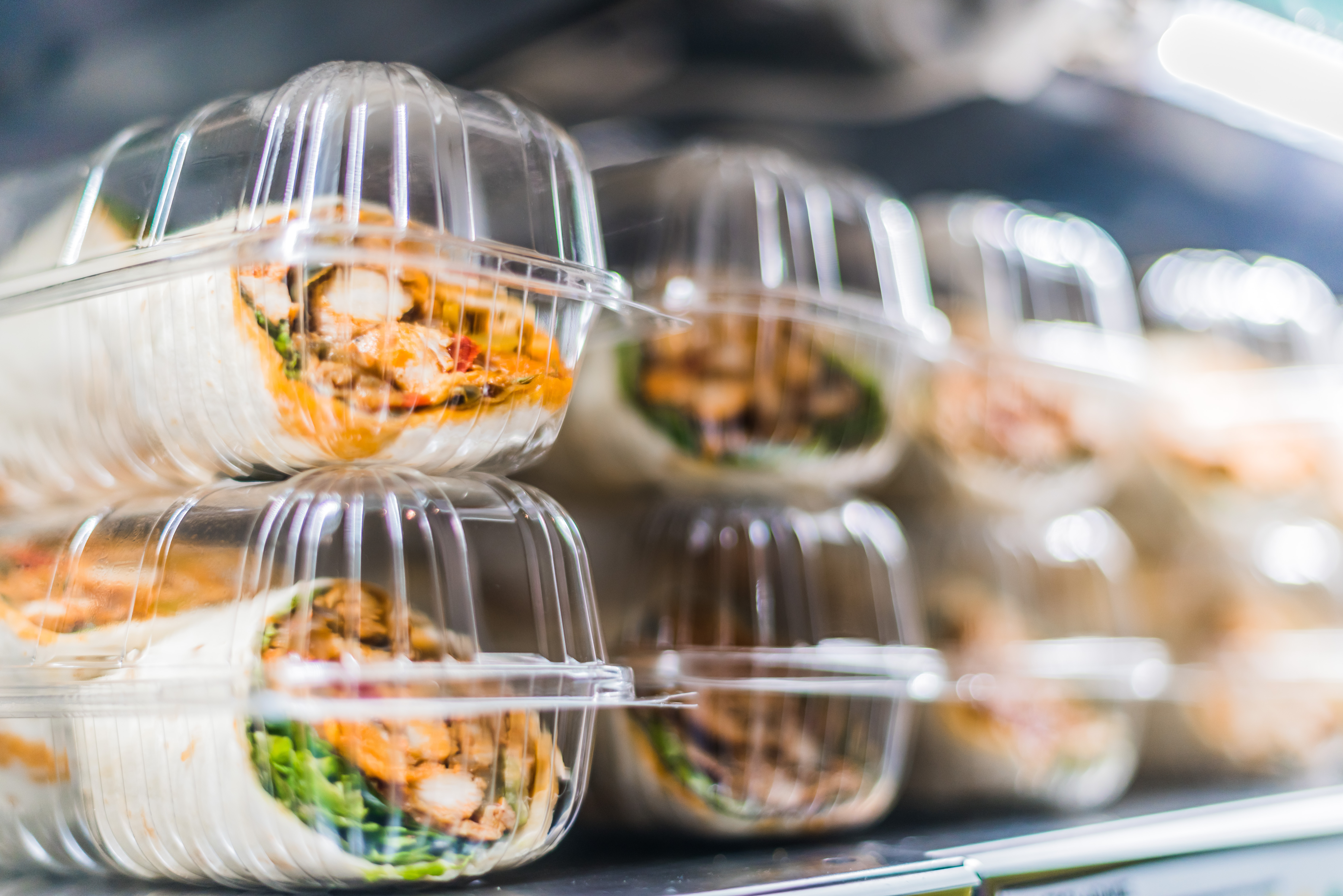
There are myriads of reasons why plastic packaging is so prevalent; let’s look at the big ones. First, it’s cheap, lightweight and flexible. All these come hand-in-hand. Because plastic packaging isn’t heavy or rigid, it allows companies to transport more products together, which in turn saves operating, labour and fuel costs.
Second, it’s secure and durable. Plastic is difficult to break when not tampered with, owing to the long chains of polymers. It is, of course, breakproof, and can also be produced with tamper-evident and child-resistant closures. It can also allow consumers to check the product through its transparent exterior.
Finally — and this is the most common reason cited for plastic packaging in food production — it’s claimed to increase shelf-life and help curb food waste. According to the British Plastic Foundation, plastic can increase food’s shelf life from five to 10 days, which could bring down food waste in stores from 16% to 4%.
This has always been a contentious claim, and was recently debunked by sustainability charity Wrap. Its research suggested that supermarkets should stop selling fresh produce in plastic packaging and bags, because it doesn’t make them last longer, and, in fact, contributes to pollution and food waste.
Plastic packaging, food safety, and alternatives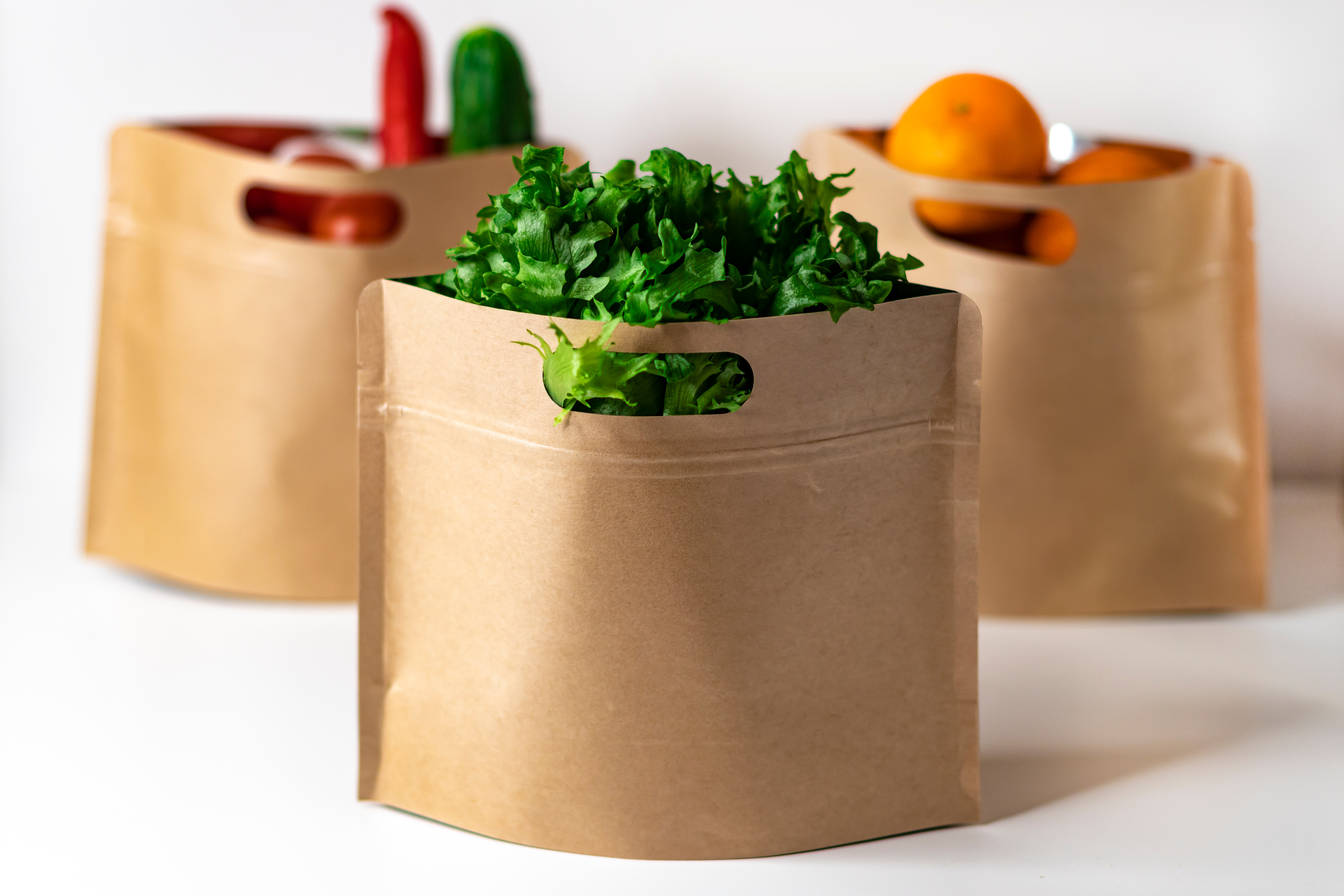
Plastic packaging can be safe when used correctly and in line with regulations, but it has been known to introduce chemicals in food. Each type of plastic packaging comes with its own food safety issues, which could potentially contribute to foodborne illnesses and public health threats.
Phthalates, which help make plastic flexible, have been linked to reduced fertility, asthma and neurodevelopmental issues in human beings. BPA, short for bisphenol A, is widely found in food plastics, and has been associated with neonatal, infant brain and reproductive harm. And polystyrene, commonly known as Styrofoam, is a known carcinogen, with many regulators banning the material from being used in our food systems.
When hot food is placed in plastic containers for takeaways and deliveries, there is a risk of chemicals from the packaging leaching into the food. Aluminium cans and plastic water bottles are also often lined with BPA. And as for fresh produce, clingy packaging — often found with fruits and vegetables like broccoli and cucumber — can actually introduce chemicals that infiltrate your food.
So, what are the alternatives? Aluminium, glass and paper all have their pros and cons. The most common packaging solution is using glass for food that is found in aluminium cans. Even if the labels say BPA-free, they can carry a health risk.
100% recycled brown or white paper boxes are deemed to be the safest containers, while also great for the environment. Supermarkets can consider selling loose produce, and if they must use packaging, compostable paper bags would be their best bet.
Swapping paper coffee cups and plastic water bottles with glass containers is a great way for consumers to avoid plastic packaging. There are already a host of alternatives to plastic wrap, including beeswax wrap and parchment, which can also help prevent chemicals from leaching into your food.
Preparing for the plastic packaging tax
As a business, there are certain actions you can take to comply with the new tax. Even if your packaging has at least 30% recycled plastic, manufacturers consuming more than 10 tonnes of plastic every year are required to register for the tax (but not necessarily pay it).
The tax will lead to higher administrative loads. Businesses would need to declare on customer invoices that they have paid the tax, which could signal changes to accounting systems. Keeping accurate records of the amount of plastic packaging manufactured or imported is crucial. This way, in case companies are close to or above the 30% threshold, they can make relevant changes accordingly.
Collaborating with suppliers to reduce plastic use can help, in addition to research and development into alternative solutions. Businesses may also be able to freeze short-term price increases for products and services — or pass the cost on to consumers with increased prices — for greater breathing room.
With other taxes coming into play, food businesses will pay a larger share of levies to the UK government, so planning ahead is vital. Foods Connected’s CSR services include packaging monitoring consumption, which can help you capture all packaging data, generate percentage of recycled plastic used and link it automatically to sales data to create insightful metrics.
We can also help configure your packaging specification template to include all the information you need from suppliers. Additionally, as part of our food safety services, Foods Connected can help your business conduct raw material product checks as well as finished pack quality checks.
Natalie Thorpe
A graduate of Letterkenny Institute of Technology, Natalie studied Visual Communication and Graphic Design. When she's not creating up new designs for company materials and branding, writing, compiling marketing plans or implementing new UX strategies, you'll find her roaming a deserted beach in search of her disappearing dog, or soaking up different cultures on her globetrotting adventures!
Stay up to date
Stay up to date
Browse Posts
- February 2026
- January 2026
- December 2025
- November 2025
- October 2025
- September 2025
- August 2025
- July 2025
- June 2025
- May 2025
- April 2025
- March 2025
- February 2025
- January 2025
- December 2024
- November 2024
- October 2024
- September 2024
- August 2024
- July 2024
- June 2024
- May 2024
- April 2024
- March 2024
- February 2024
- January 2024
- December 2023
- November 2023
- October 2023
- September 2023
- August 2023
- July 2023
- June 2023
- May 2023
- April 2023
- March 2023
- December 2022
- November 2022
- October 2022
- September 2022
- August 2022
- July 2022
- June 2022
- May 2022
- April 2022
- March 2022
- February 2022
- January 2022
- December 2021
/Blog%20Headers/shutterstock_1927957907%20(1).jpg)
/Blog%20Headers/shutterstock_1845178195%20(2).jpg)
/Blog%20Headers/shutterstock_2133827717%20(1).jpg)
/Blog%20Headers/shutterstock_2473376713.jpg)
/Blog%20Headers/shutterstock_2474442759.jpg)

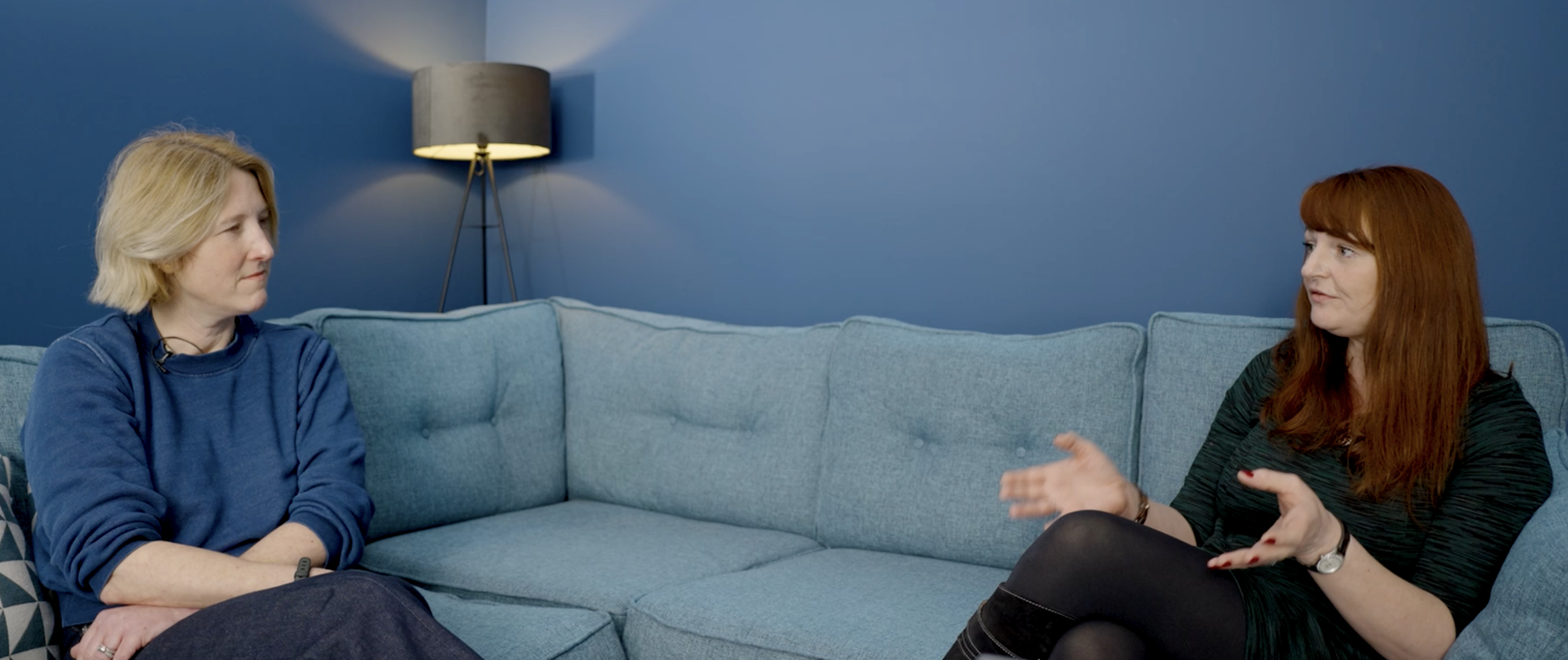
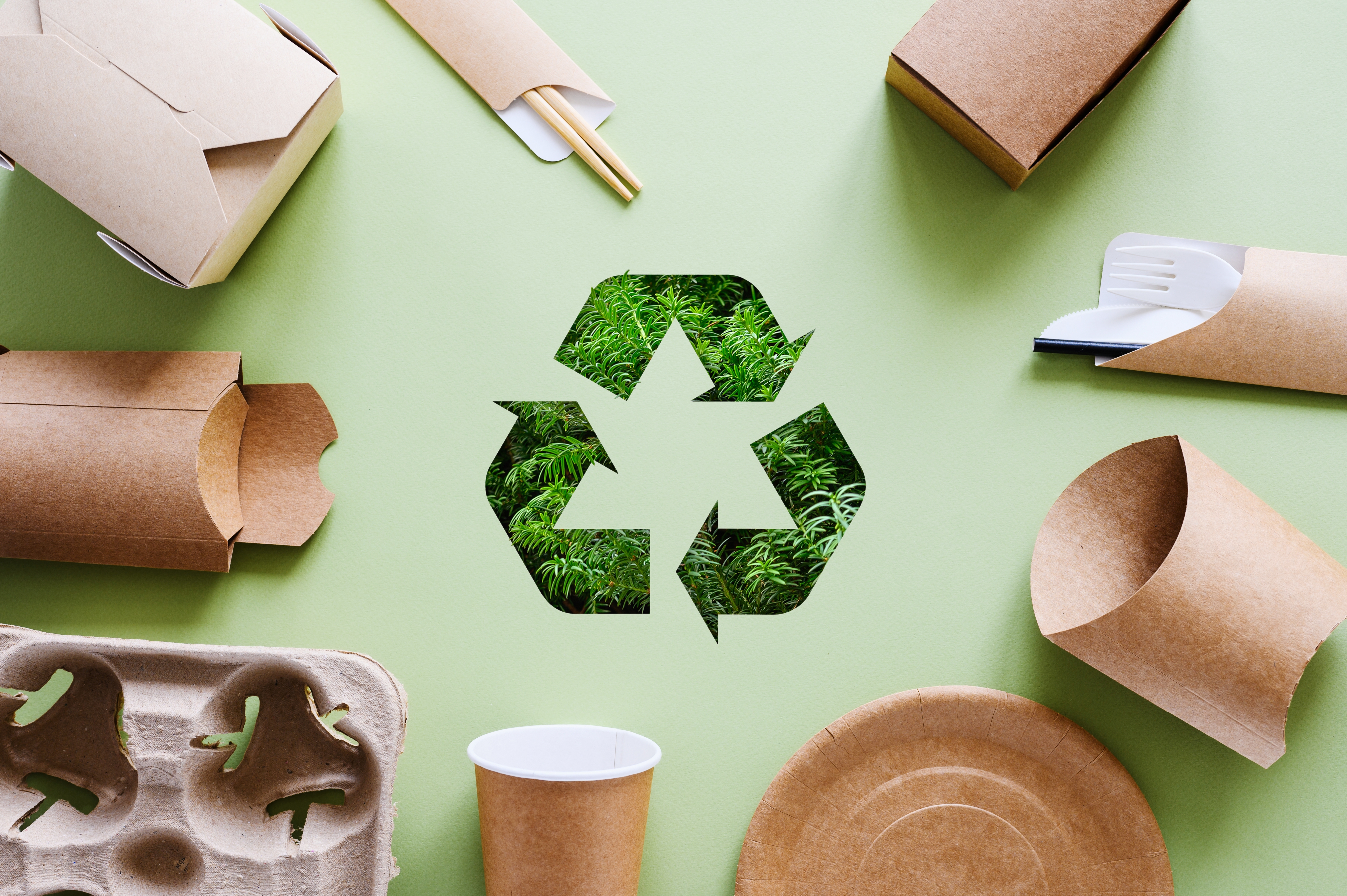
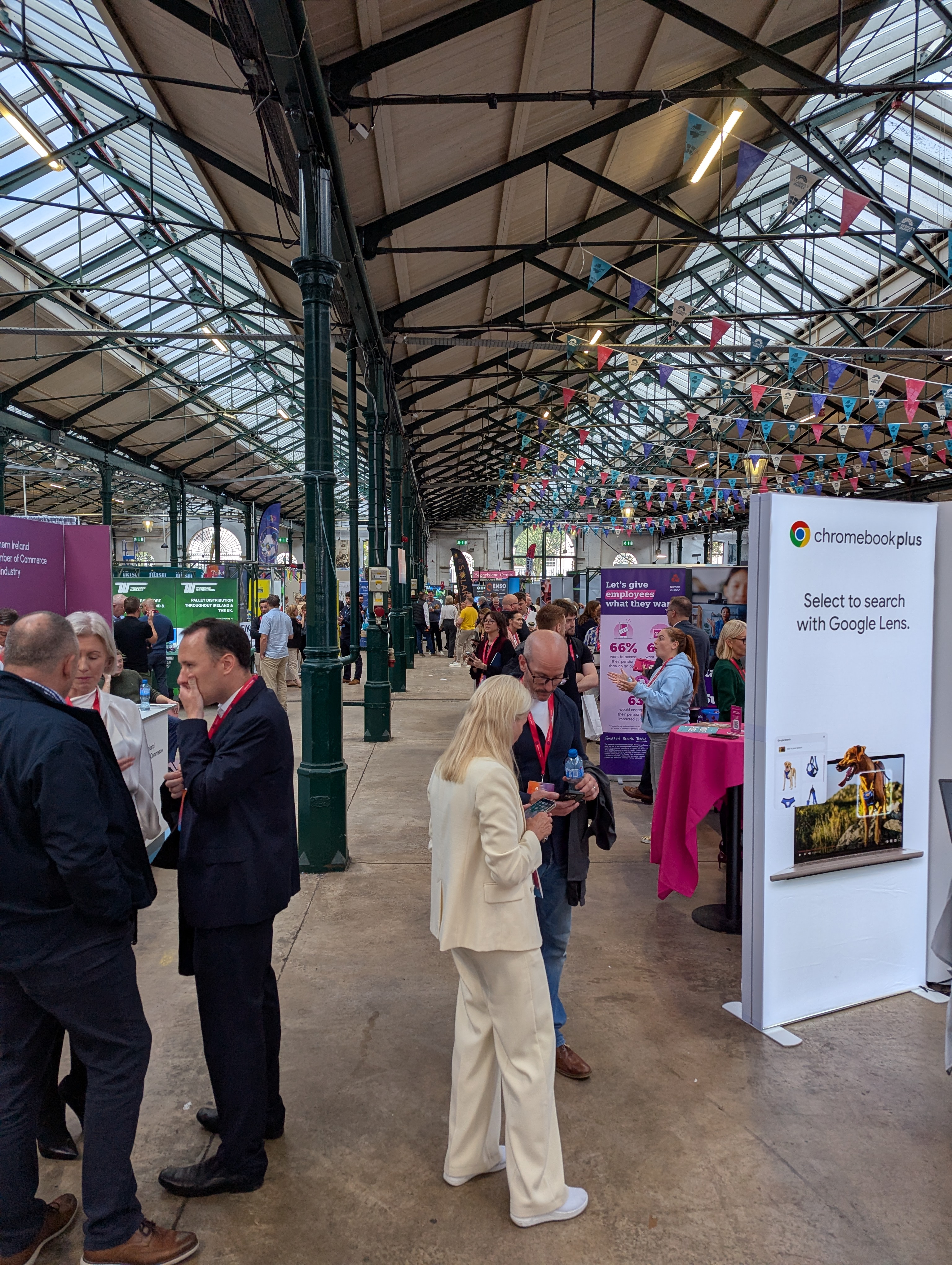
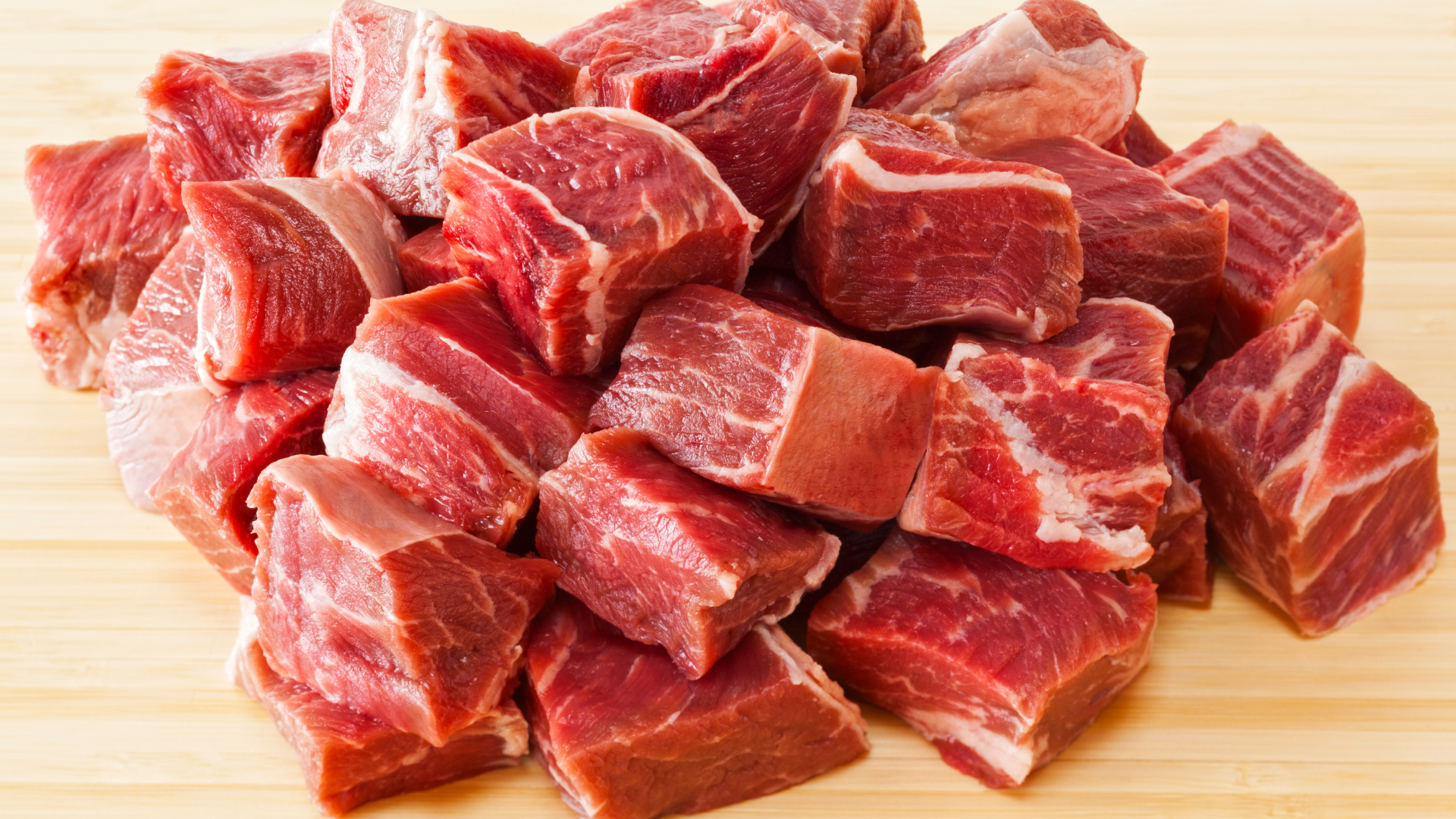

.png)
.png)

/Blog%20Headers/shutterstock_2469356249.jpg)
/Blog%20Headers/shutterstock_1794185881.jpg)
/1.%20HubSpot%20Images/procurement%20forecasting%20tool%20ipad%2022-1.png)
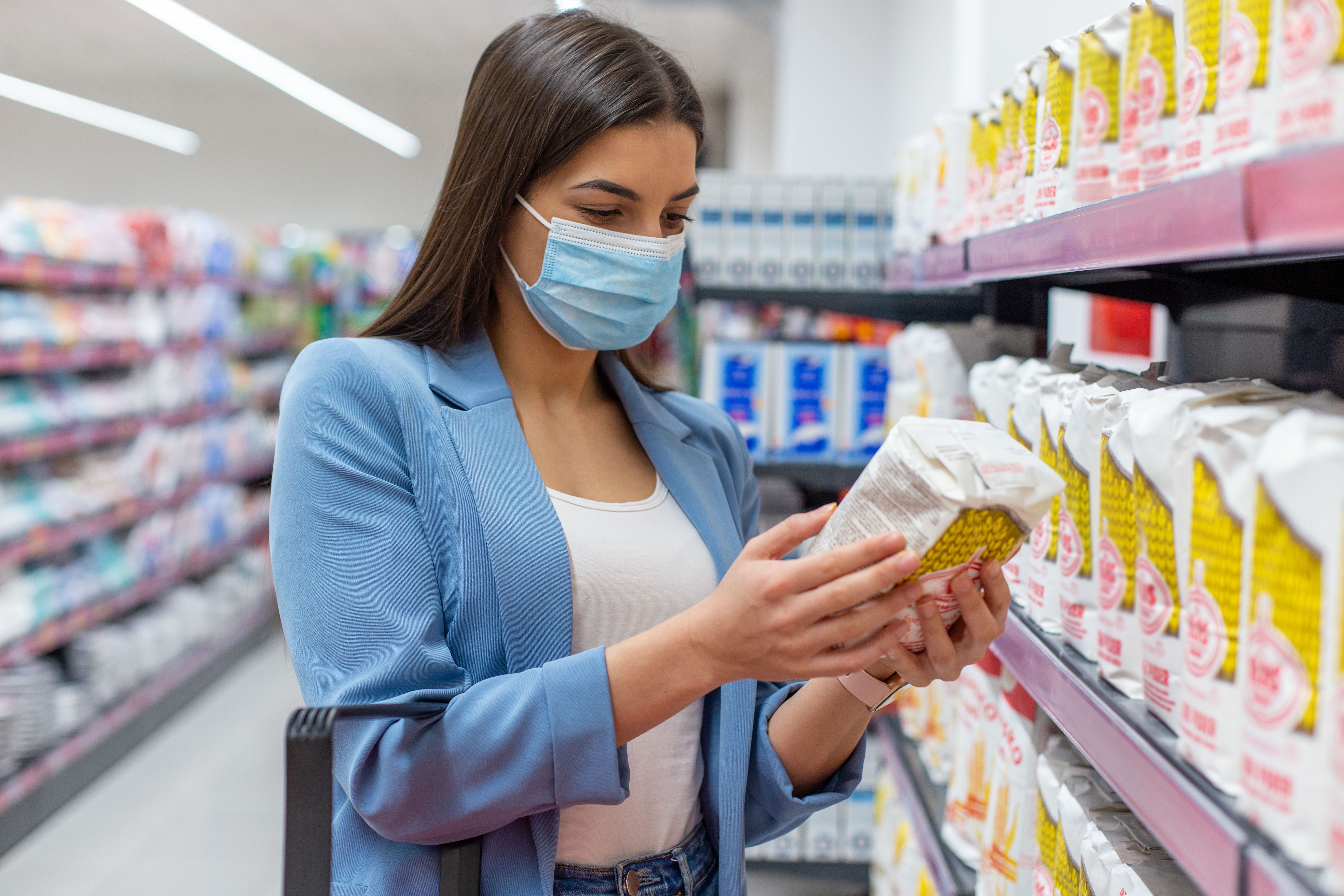
.png)
/Blog%20Headers/Whitbread%20CS%20Blog%20Header.jpg)